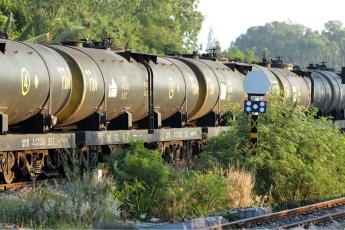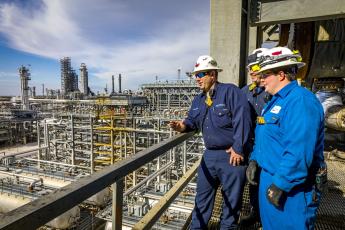AFPM responds to STB’s final rule addressing reciprocal switching
WASHINGTON, D.C. — Today, Rob Benedict, AFPM Vice President of Petrochemicals and Midstream, issued the following statement welcoming the U.S. Surface Transportation Board’s (STB) long-awaited reciprocal switching final rulemaking.







